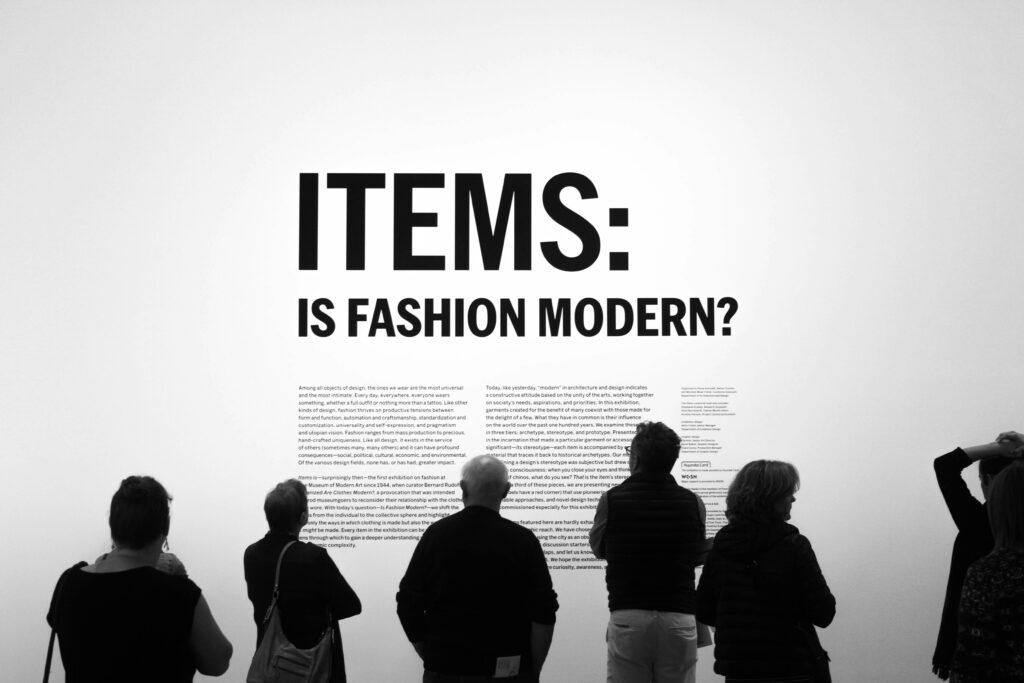Have you ever considered the impact of artificial intelligence on the fashion industry? While most people think of AI in terms of self-driving cars or personalized recommendations, the fashion world has been quietly revolutionized by machine learning and data analysis.
In recent years, AI has been used to predict trends, optimize supply chains, and even design clothing. One example is the virtual stylist technology developed by Stitch Fix, a popular online personal styling service. By analyzing customer data and preferences, AI algorithms can suggest outfits that perfectly match an individual’s style.
According to a report by McKinsey, AI could potentially generate $2.6 trillion in value for the retail industry by 2025. The ability to personalize the shopping experience and offer tailored recommendations has proven to increase customer loyalty and drive sales. As the technology continues to evolve, we can expect to see even more innovative applications in the fashion sector.
However, there are concerns about the impact of AI on jobs in the industry. While automation can streamline processes and reduce costs, it also raises questions about the future of traditional roles like fashion designers and retail workers. Finding a balance between technological advancement and human creativity will be crucial in shaping the future of fashion.
In conclusion, AI is revolutionizing the way we shop and dress, offering both opportunities and challenges for the fashion industry. By embracing innovation while preserving the artistry of design, we can create a more efficient and inclusive fashion ecosystem for the future.



